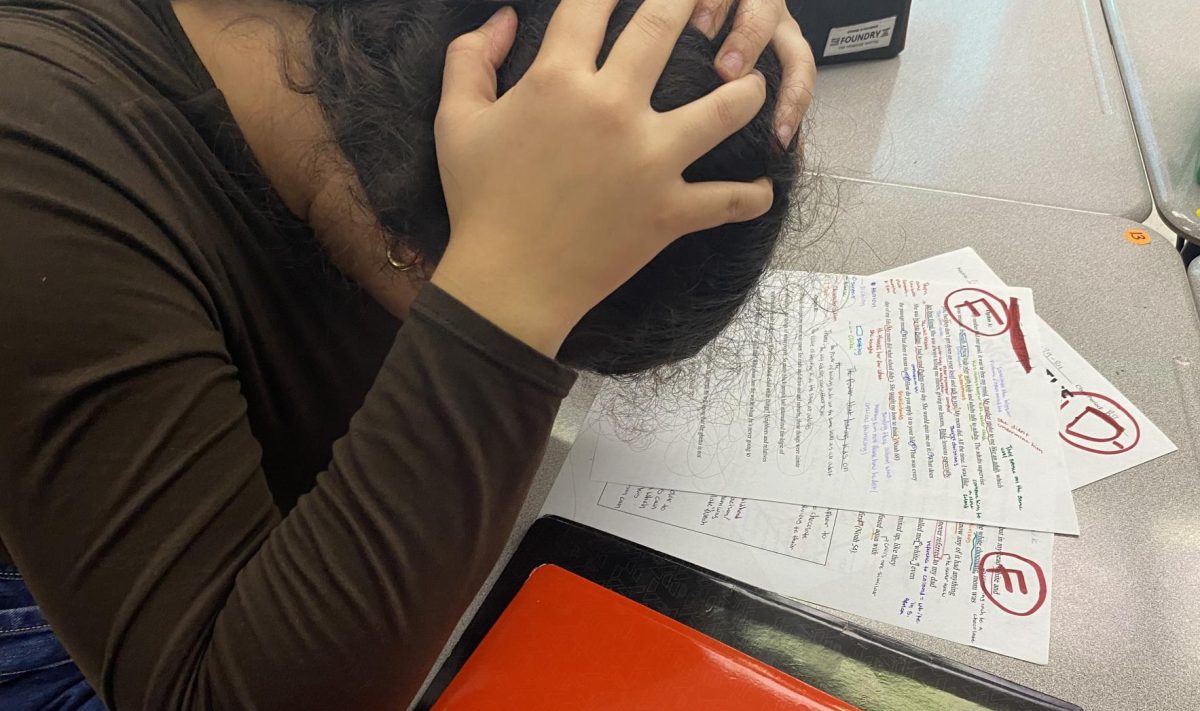It can be awkward to have “the talk.” Not the one about using protection, but the one where parents want information about their kids’ plans for Beach Week. Students who participate argue that Beach Week is an opportunity to celebrate the end of high school and their newfound independence and one last chance to hang out with friends before everyone leaves for college.
Parents on the other hand, often are terrified of the thought of leaving their kids unsupervised for week, when excessive drinking and drug usage can make a potentially lethal combination with the ocean.
Because of this divide in perspectives, students often feel they cannot have an open dialog with their parents, and parents might not engage their children because they think it won’t make a difference.
For the most part, parents do have a right to be concerned. With less supervision than a college campus, teenagers who behave in severely wild ways at Beach Week can face alcohol poisoning, drug overdose and even date rape. It is because of these risks that PTSA president and mother Emily Slough believes taking proactive steps to help guide kids is very important.
“We all recognize the dangers often associated with Beach Week – the risks are real and the costs can be terribly high. Look at all the effort that is poured into ensuring that seniors at every FCPS high school will enjoy a safe ‘All Night Graduation Celebration’ in June — all because of widespread recognition that too many kids have died on graduation night,” Slough said.
The school goes to great lengths to host many events that provide a sense of closure to the year, whether it’s providing time for seniors to sign yearbooks, senior reflections night, the official graduation ceremony or the senior nights that almost every club and sports team hold, making Beach Week a little redundant.
However, Slough believes not only that the conversation should happen, but that it can result in an outcome that both parents and their kids are happy with.
“My daughter and a few friends are participating in Beach Week, but in a modified way – a decision they’ve thought through, we’ve all discussed and I fully support,” Slough said.
Her daughter, senior Sarah Slough, was happy with how the discussion went. Her group decided to go to a different beach than most people and some of the girls’ parents are tagging along as well.
In her case, it was more important that the parents involved were content with the arrangements than avoiding parental supervision.
“[The decision] is mostly to make sure everyone’s parents are comfortable. I think we would have been able to handle ourselves if we went alone, but I’m not unhappy with how things turned out,” Slough said.
Emily Slough recommends that parents ask their kids to create an action plan for various scenarios as well as a check-in schedule. Many students feel that because they are 18 or about to go to college, they are no longer under the direct authority of their parents, but if parents work to help their students create boundaries, the students feel that they are creating their own boundaries rather than having such limitations imposed on them.
“Parents should ask questions – a lot of them – and do some research, consider your senior’s strengths, the friends going along, etc.,” Slough said.
Ultimately, some parents still may decide not to allow their teenagers to participate in Beach Week, but Slough does not think the discussion should end there.
“If the thought of an unchaperoned Beach Week is simply unacceptable to you, then work with your senior to find an alternate activity or modified approach that would still be fun, allow for some independence, but pose less risk,” Slough said.
Throughout this discussion, it’s important for seniors to remember that their parents are motivated by their desire to ensure their kids’ safety, not spoil all the fun. Parents should guide their children through all stages of life in whatever way they see fit, and graduation or turning 18 does not change this.
“Parenting doesn’t just stop the day your kid turns 18 but you do need to modify your approach. Our job as parents is to teach our kids to make smart choices, whether under our roof or out on their own. [Beach Week] marks another opportunity to come together as a family and talk about what you value and why,” Slough said.








Colleen • Apr 24, 2012 at 3:33 pm
Liz, I think this is a great article about parental involvement in beach week! A lot of students complain about how this coverage will ruin their Beach Week plans, but you offered a perfect and easy solution by just sitting down and talking to their parents. This will make students more responsible, improve the relationship with their parents, and still let them have fun at Beach Week. Good job with this article!